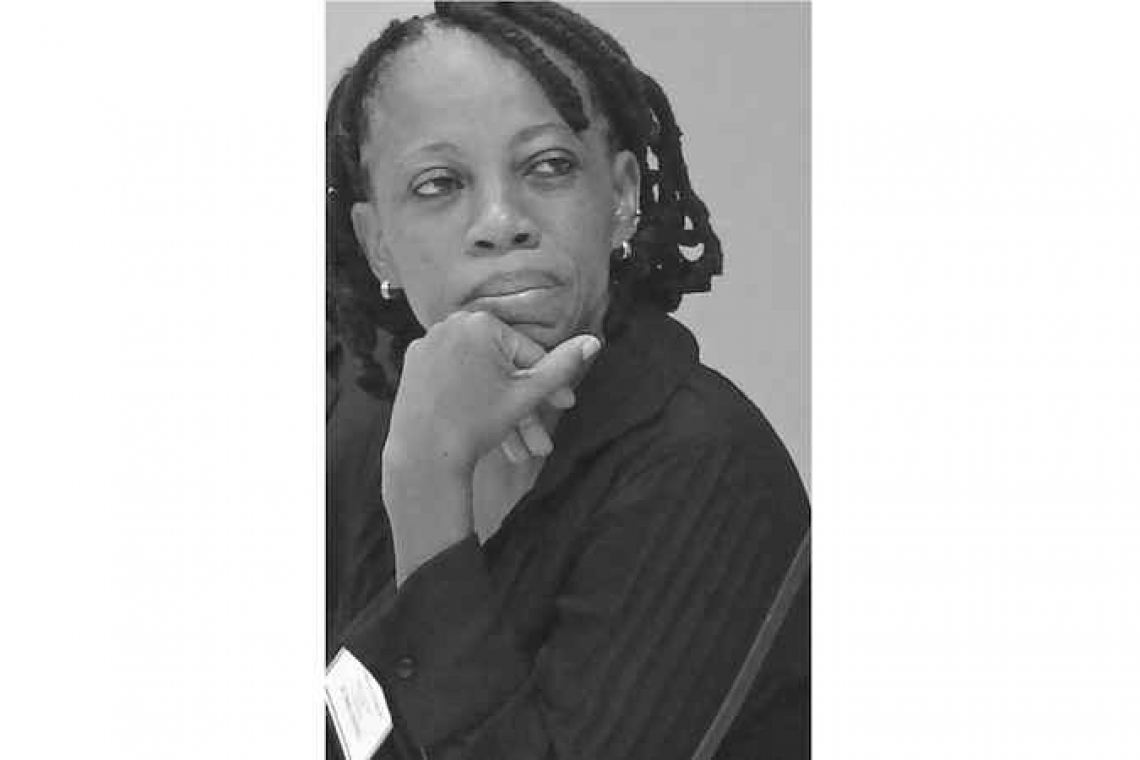By Rhoda Arrindell
It is no mystery that when a nation wants to measure its growth and development as a nation, it looks at the outputs of its education system to see if the investments in education have yielded the expected returns. This should be no different for St. Martin.
Considering the investments in education in St. Martin over the years (from 1849 in the North and 1850 in the South) and with the recent announcement by The Hague that it will move to centralize education, among other areas, in St. Martin, I believe this is an opportune time for us to more closely examine the efforts and outputs of our education system(s). Such an examination would permit us to see how the latest attempts by Europe will impact the growth of the St. Martin nation and the full development of the people.
“It has been observed that the main channel through which investment in education can influence growth and, hence, development in developing countries consists of activities that lead to catching up with foreign technological progress,” state University of the West Indies lecturers Brian Francis and Sunday Iyare in their paper “Education and Development in the Caribbean: A Cointegration and Causality Approach”.
In St. Martin, it is indisputable that early investments in education on the island were done in the interest of the colonizers, certainly after Emancipation. And with over 170 years of investments made in education, today we cannot claim to have developed as an island-nation to the point of having produced the human capital to effectively manage this 37-square-mile gem in the Caribbean Sea, let alone having caught up with “foreign technological progress”.
In 1934, the US philosopher and education reformer wrote, “any education is, in its forms and methods, an outgrowth of the needs of the society in which it exists”. The Reverend Dr. Martin Luther King, Jr. told us that “Intelligence plus character – that is the goal of true education”.
According to the Association for Supervision and Curriculum Development in the USA, our aim in education ought to be to empower people to reach their fullest possible level of development to live “morally, creatively, and productively in a democratic society”.
In other words, when, as a self-respecting society, St. Martin invests in education, it should be to prepare its people with the tools to become fully developed and positively contributing members of society, provide graduates with upward mobility options, and foster national development and social cohesion.
As we move forward, what then should be our approach to viable education in St. Martin, North and South?
I will attempt to answer this question in a series of articles on education over the next few months, in the hopes of further highlighting some of the challenges in our education system and offering proposals on how to address these challenges adequately in order for St. Martin to reap the maximum returns on investment.
I hope readers of these articles will send me their invaluable feedback as, together, we work to create a more just and equitable society for all of our people.







